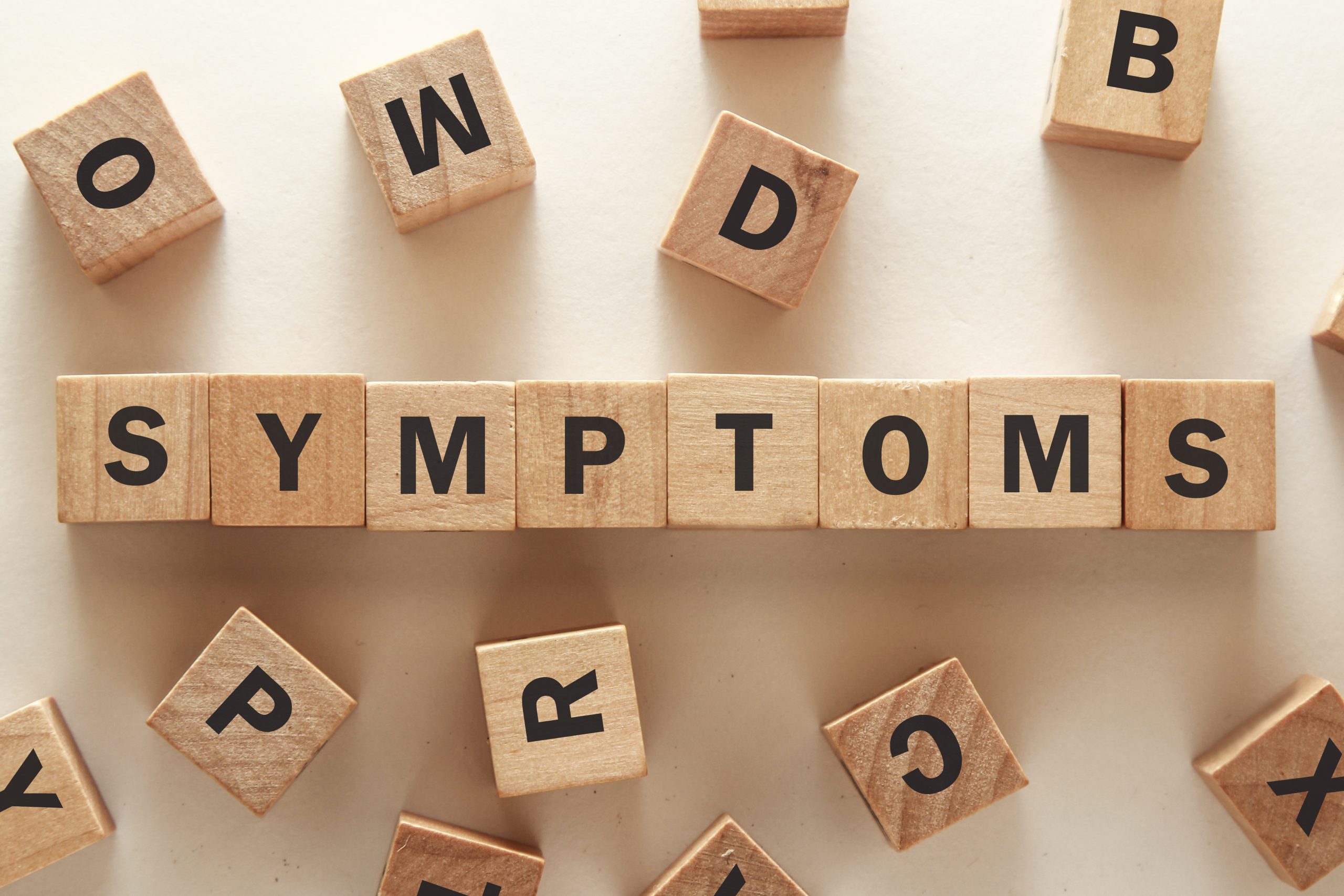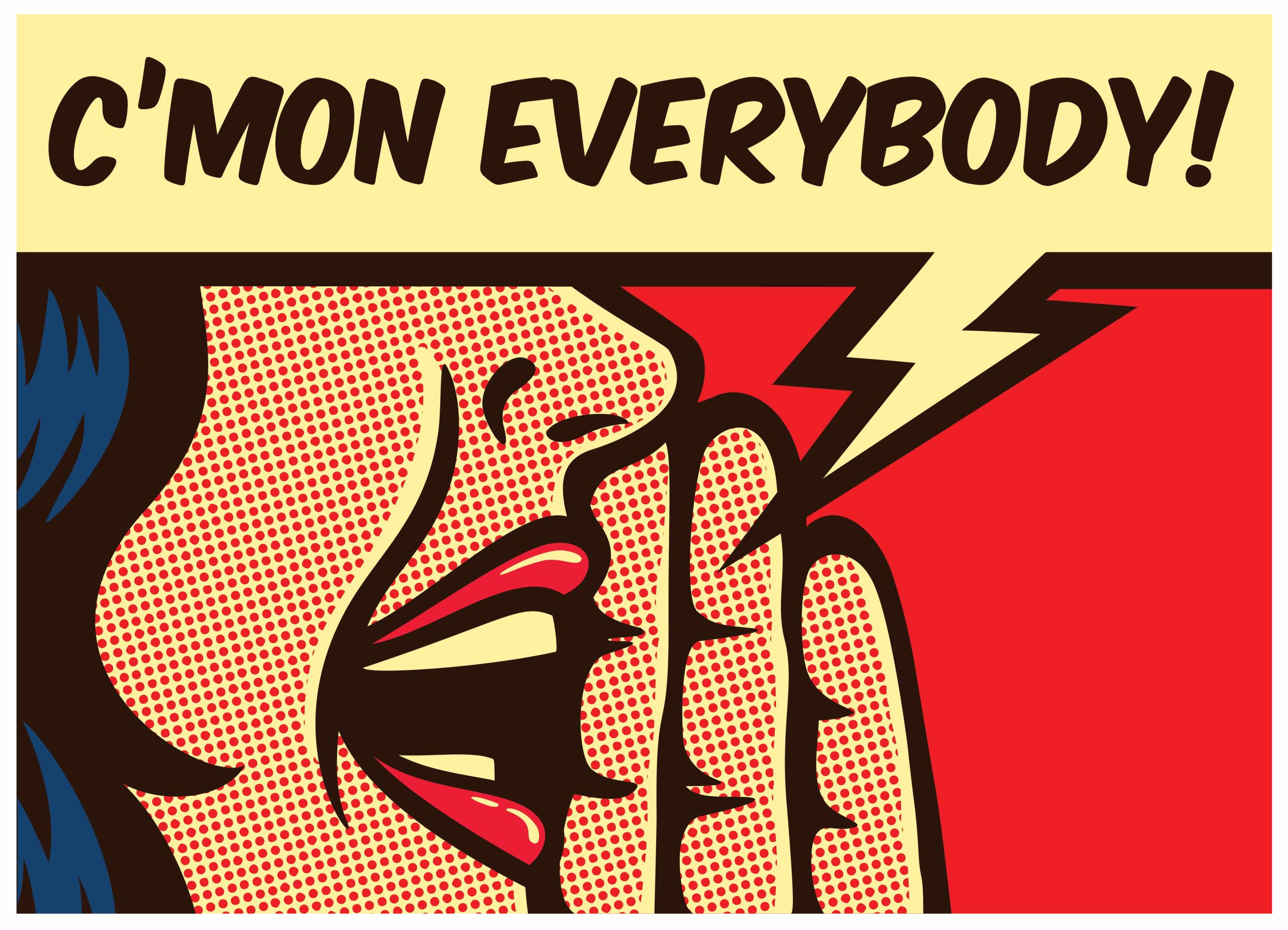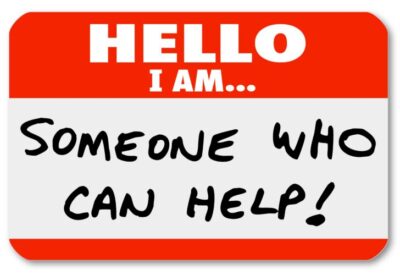Drink Spiking
& Assault

DRINK SPIKING AND SEX SEXUAL ASSAULT
Chances are, you’ve heard the term “drink spiking,” but do you really have all the facts? Let’s break it down: this guide is your crash course on what drink spiking is, what red flags to look out for, and what steps to take if you or someone you know finds themselves in this unsettling situation.
WHAT IS DRINK SPIKING?

Drink spiking is when a person deliberately adds alcohol or another drug to someone’s drink without their knowledge or consent. While alcohol is often the culprit (pouring a few shots into a drink rather than just one), substances like GHB and Rohypnol can also be used, although less frequently. These substances are depressants that can leave you feeling like you’re about to drift off, mess with your judgment and coordination, cause memory blackouts, and even lead to unconsciousness.
Shockingly, around one-third of drink-spiking cases are linked to sexual assault. And here’s a fact: drink spiking, even as a prank, is against the law in Australia. It can happen anywhere – not just at bars and clubs, but also at house parties and festivals.
WHO IS AT RISK?

While women are more likely to report having their drinks spiked, research hints that men may also be at risk, even though it’s underreported.
When it comes to the queer community, the picture is fuzzier. We do know that those with higher rates of reported drink spiking include bisexual cis-gender women, non-binary and gender-diverse folks, and homosexual non-binary and gender-diverse individuals. Bisexual and heterosexual cis-gender women report similar rates of drink spiking, while more heterosexual cis-gender men report experiencing it. Rates are lower among gay and lesbian cis-gender men and women compared to their non-binary and gender-diverse peers.
Find out more about drink spiking by looking up the Global Drugs Survey.
WHAT ARE THE SYPTOMS?

Here’s the tricky part: the drugs used in drink spiking are often tasteless and odourless, so you might not even realise your drink has been tampered with. Look out for feeling more intoxicated or drowsy than expected, waking up with memory gaps, lowered inhibitions, nausea, vomiting, loss of consciousness, or an unusually severe hangover with little or no alcohol consumed.
REDUCE THE RISKS

First things first: if your drink gets spiked, it’s absolutely not your fault.
While it’s not your job to prevent it, being cautious can help. Keep your drink close, buy your own drinks and watch them being made, avoid sharing drinks, accompany a stranger to the bar if they buy you a drink, hand off your drink to a trusted friend if you need to step away, and if your drink tastes odd or it’s not what you ordered, don’t hesitate to ditch it
WHAT TO DO IF YOU'VE BEEN SPIKED

If you suspect your drink has been spiked, there are several things you can do:
- Reach out to a friend or a friendly face at the venue.
- Ask a close friend to help you leave if possible, and ensure they stick around until the effects wear off.
- If you’re uncomfortable with your current company, call someone you trust to pick you up.
- Remember, you can always dial triple zero (000) if things take a turn – it’s better to be safe. Speaking to paramedics or hospital staff won’t involve the police unless you agree.
- Reporting drink spiking can make a difference too, whether you talk to the venue, trusted pals, or even the police.
- There’s also the option to reach out to an LGBTIQA+ Liaison Officer.
IF SOMEONE ELSE HAS BEEN SPIKED

There are a few things you can do if you suspect someone else has had their drink spiked:
- Alert a trusted person that someone appears to have had their drink spiked;
- Ensure they are in a safe space with someone that they trust;
- Keep a close eye on them;
- Call triple zero (000) if their condition deteriorates in any way (for example, if they lose consciousness);
- Alert the party host/venue owner etc. on what you saw and report this to them; and
- You can report what you’ve seen to the police, there are a few different ways of doing that.
SEXUAL ASSAULT
Sexual assault is any unwanted sexual behaviour that makes someone feel frightened, intimidated, or threatened. It is any sexual activity that someone has not consented to.
Sexual assault is never the fault of a victim/survivor.
If you experience sexual assault, there are a few things you can do.
If you cannot remove yourself from the situation because you are scared for your safety – that’s okay. You need to do what you feel is safest for you at the time.
Being scared to leave can be a normal feeling and there are supports that can help you afterwards.
Remember your safety is the most important thing.
If possible, get yourself to a place where you feel safe.
Can you call a friend or someone in your chosen family who you know will listen to your experience and provide you with non-judgemental support?
If you are at a SOPV, find the venue staff and let them know what has happened if you feel comfortable doing so.
If you are at a beat, leave and head home to a safe space. If you are at someone’s place, leave and head home or to a friend’s house.
If you cannot go home because that isn’t a safe space for you to be in, then contact a friend and see if you can stay with them for the moment, or until you’ve had some time to think about what the next steps are, and what feels comfortable for you to do.
You can call 1800 RESPECT (1800 737 732) and chat with a counsellor who can support you or discuss what options are available to you.
If you would prefer to chat with someone who is from our queer community, then contact QLIFE as they offer phone and web-based chats up till midnight each day.
Do you want to report the assault to the police? We know there are many reasons why people don’t want to report to the police, but the option is there.
If you want to, you can contact the local LGBTIQ Liaison Officers to report a sexual assault to the Police.
What you do after a sexual assault is up to you. Know what options you have for support but remember that you have full control over your decisions.
DISCLAIMER:
The information given on this page is not medical advice and should not be relied upon in that way.